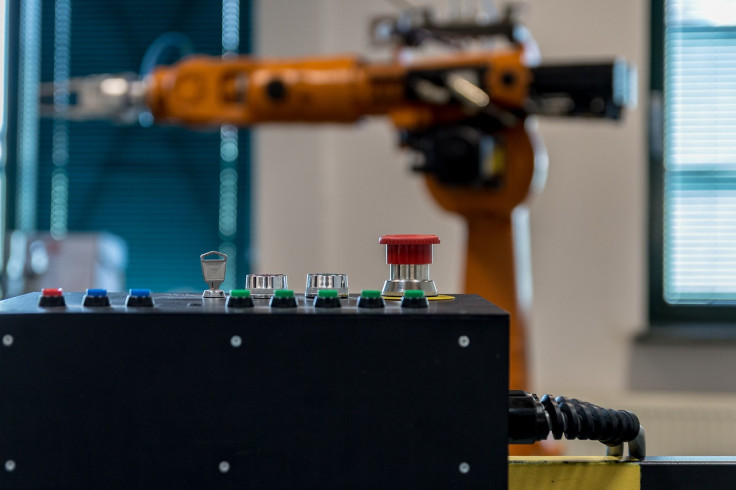Lost Your Keys Again? Researchers Program Robot To Find Misplaced Objects: 'Highly Accurate'
KEY POINTS
- Researchers developed an episodic memory model for robots
- It can detect, distinguish and track objects
- The Fetch mobile robot is also outfitted with a camera
Most people have probably experienced it: they desperately need their keys, their glasses or their phone, but they just can't seem to find it.
A team of researchers has now developed a system that allows robots to locate their misplaced things, and it could one day prove helpful for people with dementia.
The researchers were motivated by the increasing number of people living with dementia, according to the University of Waterloo (UWaterloo) in Canada. Among the hallmarks of the disease were the memory loss and confusion that tend to hinder their daily lives.
"Persons with Dementia face the issue of a deteriorating memory," they wrote in their paper, which was published in the Companion of the 2023 ACM/IEEE International Conference on Human-Robot Interaction, where their work was recently presented. "Assistive robots that might assist with different tasks in users' households can also be utilized to track salient objects to quickly find them in case they are misplaced"
For their work, the researchers used artificial intelligence to develop an episodic memory system that can enable a robot to essentially recognize objects and track their movements within an environment.
The Fetch mobile robot is outfitted with a camera. It can detect, track and differentiate objects from one another, and maintain a "memory log" of when the objects enter and leave its viewpoint, noted UWaterloo.
They then created an "easy-to-understand" graphical user interface, where users can select the object they want to be tracked. When they type it in using the app or computer, the robot can then tell where the said object was last "seen."
The results, the researchers said, are "encouraging." In fact, UWaterloo described it as "highly accurate."
Can’t find your phone? There’s a robot for that! 🤖
— University of Waterloo (@UWaterloo) May 15, 2023
Engineers at #UWaterloo have discovered a new way to program robots to help people with dementia locate medicine, glasses, phones and other objects they need but have lost.
More: https://t.co/FcA4J3JUWG | #UWaterlooNews pic.twitter.com/bbfwXQLPqj
"The long-term impact of this is really exciting," Ali Ayub of UWaterloo, one of the engineers behind the impressive program, said in the university release. "A user can be involved not just with a companion robot but a personalized companion robot that can give them more independence."
This could prove very useful for people with dementia and their caregivers as well. And although they developed the system with people with dementia in mind, this could one day prove useful for anyone who struggles with the issue, too, the university noted.
After all, it's quite normal to forget things now and again, and having a robot companion for assistance could certainly help save people a lot of time that would otherwise have been spent looking for things again.
Just remember to talk to a doctor if you or a loved one is experiencing memory and cognitive problems that are beyond what's normal. This may include signs like asking the same questions over and over again, and getting lost in a place they know well.

© Copyright IBTimes 2024. All rights reserved.






















